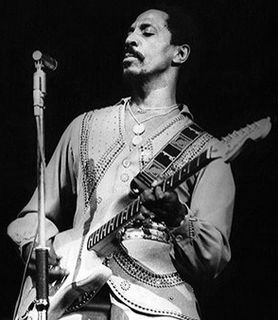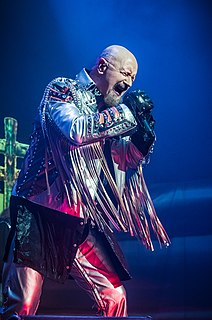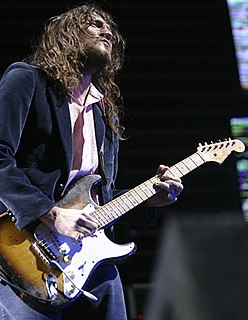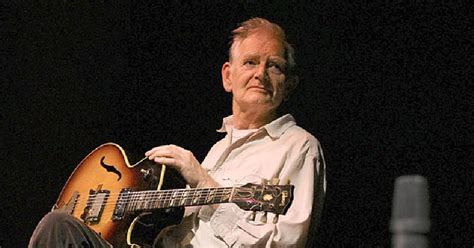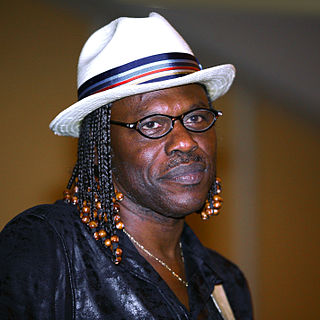A Quote by Charlie Haden
James Cotton is a real blues guy, and he played with Muddy Waters, and it surprised me that they would want me to make a record with them, that he called me to do this record. I'd never done anything like that before. But I love blues, so I was very happy.
Related Quotes
The first memory I have was my sisters dancing to the radio when they played records by Benny Goodman and Harry James and of the sort. But the record that got me was a record by Derek Sampson, who was a young guy, called 'Boogie Express,' and it was boogie-woogie. Really, it was on fire, and that got me.
When I discovered blues - I was 12-years-old - I didn't discover it in America where it was from; I discovered it from Fleetwood Mac - the original Peter Green Fleetwood Mac, Saveloy Brown - like British blues interpretations of it,' which then, when I started the liner notes and seeing all these names, I was like, 'Who's Willie Dixon?' Then I go to the record store and ask the guy there and he goes, 'Oh, you don't know anything.' And so, to me, that's the root of most of it anyway.
You've heard me call myself a bluesman and a blues singer. I call myself a blues singer, but you ain't never heard me call myself a blues guitar man. Well, that's because there's been so many can do it better'n I can, play the blues better'n me. I think a lot of them have told me things, taught me things.
Early on, before rock 'n' roll, I listened to big band music - anything that came over the radio - and music played by bands in hotels that our parents could dance to. We had a big radio that looked like a jukebox, with a record player on the top. The radio/record player played 78rpm records. When we moved to that house, there was a record on there, with a red label. It was Bill Monroe, or maybe it was the Stanley Brothers. I'd never heard anything like that before. Ever. And it moved me away from all the conventional music that I was hearing.
Nowadays blues in particular has a wide, wide, wide, wide net of everything that's called blues. I think if somebody's coming to it in the last ten years or whatever, or even fifteen years, what their experience is what is called blues is different from mine. I have to expand my range of what's been called the blues. I think somebody who's new to it would have to go back and to see what is called blues now, where it came from. If that makes sense.



